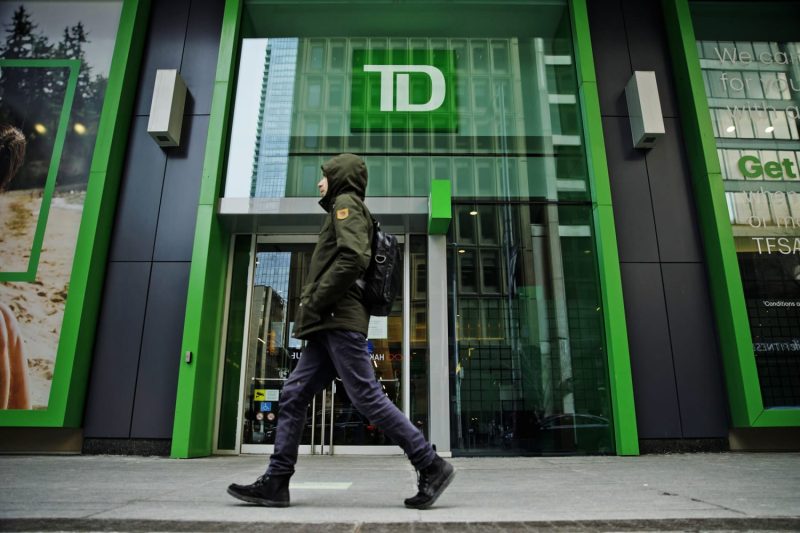TD Bank Pleads Guilty in Money Laundering Case, Agrees to Pay $3 Billion Penalty
The recent developments surrounding TD Bank have sent shockwaves through the financial industry. The bank has pleaded guilty to charges of money laundering and has agreed to pay a hefty penalty of $3 billion. This case highlights the importance of combating financial crimes and the consequences that institutions face when they fail to uphold the highest standards of integrity.
Money laundering is a serious offense that involves the illegal process of making large amounts of money generated through criminal activities, such as drug trafficking or corruption, appear to be legitimate. TD Bank’s involvement in such activities has tarnished its reputation and raised questions about its compliance procedures and oversight mechanisms.
The guilty plea by TD Bank demonstrates a significant breach of trust and regulatory obligations. Financial institutions are expected to have robust anti-money laundering controls in place to prevent illicit funds from entering the financial system. When these controls are not followed or are deliberately circumvented, it erodes the integrity of the entire financial sector.
The $3 billion penalty imposed on TD Bank serves as a stark reminder that there are severe consequences for institutions that engage in money laundering activities. This sizable fine underscores the seriousness of the offense and aims to deter other financial institutions from engaging in similar illicit activities.
In response to the case, TD Bank has pledged to enhance its compliance and anti-money laundering measures to prevent such incidents from occurring in the future. It is crucial for banks to invest in training their employees, improving their monitoring systems, and collaborating with regulatory authorities to strengthen their defenses against financial crimes.
The implications of TD Bank’s guilty plea extend beyond the financial sector. It underscores the importance of global cooperation and coordination in combating money laundering and other financial crimes. By working together, regulators, law enforcement agencies, and financial institutions can create a more secure and transparent financial system.
The TD Bank money laundering case serves as a wake-up call for the entire financial industry. It highlights the need for heightened vigilance, enhanced compliance measures, and a steadfast commitment to upholding the highest ethical standards. As stakeholders reflect on this case, it is essential to reiterate the importance of integrity, transparency, and accountability in maintaining the trust and credibility of the financial system.

